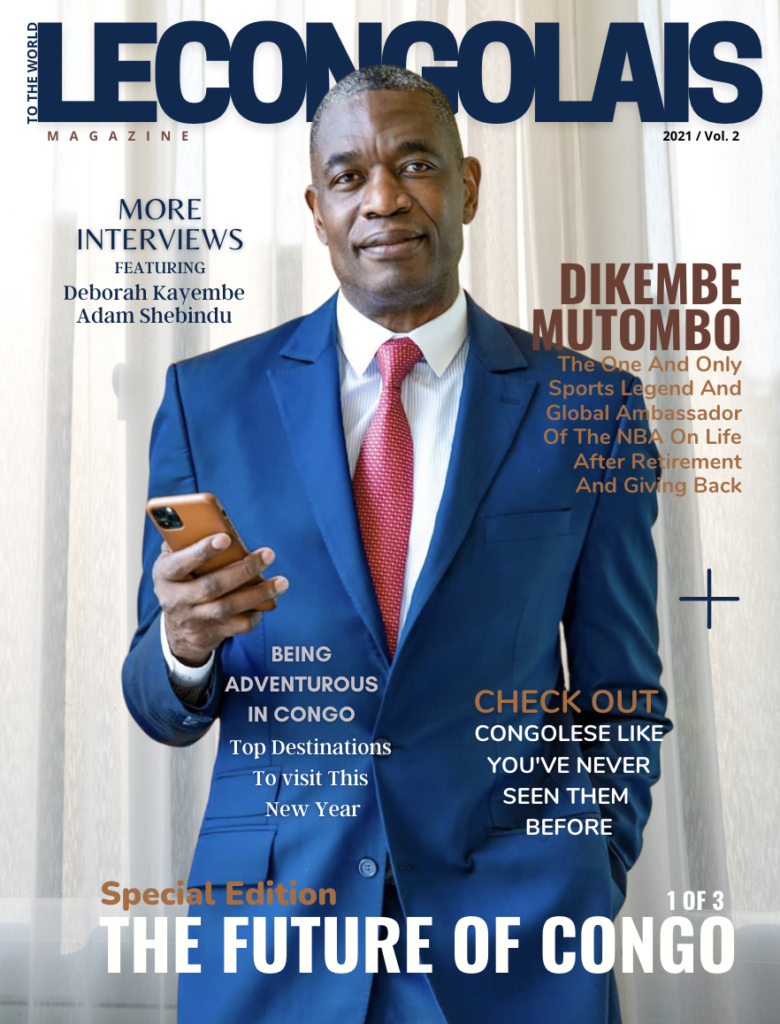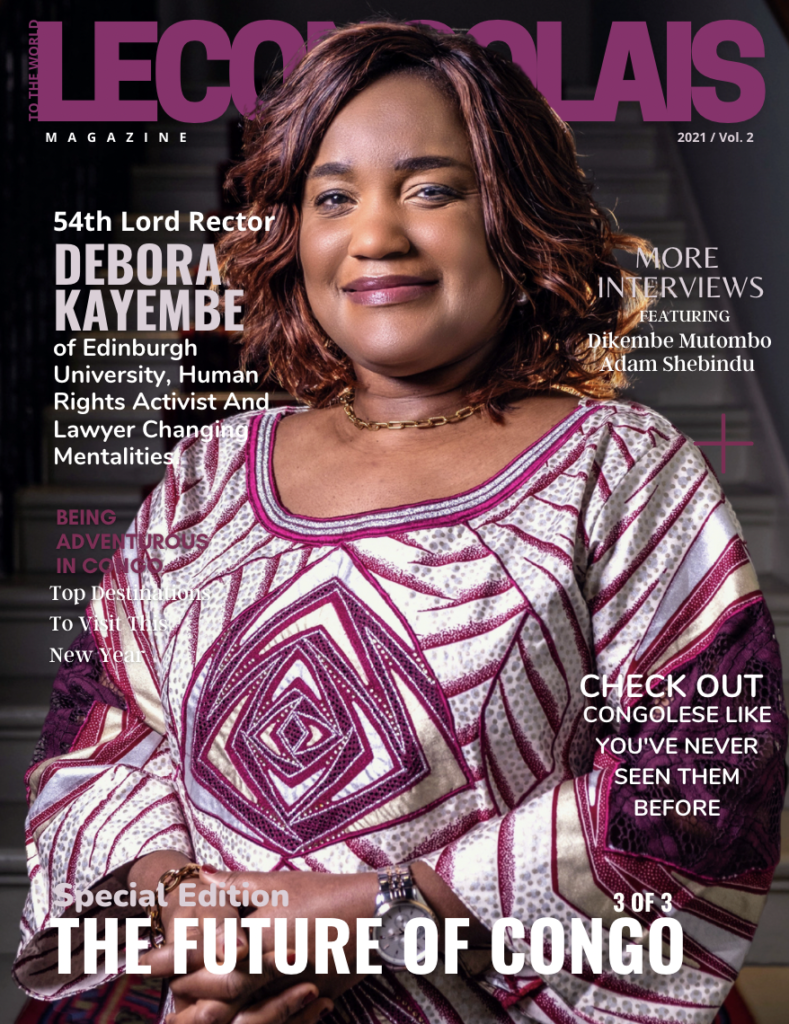BY JANE DEBBIE
March 9, 2022

“They won’t let Africans in. Blacks without European passports cannot cross the border. They’re pushing us back because we’re black!” Said a Nigerian student, whose name, according to a France 24 reporter is Michael.
Statements like this echoed through social media as videos of the situation in Ukraine went viral. News spread fast, causing an uproar across different social media posts. In this age, black people are still being refused at border crossings in favor of white Ukrainians; leaving them stuck at borders under brutal conditions for periods of time that seem to be never-ending.
The Russian Invasion of Ukraine
It has been described as undisguised terror. Since Russia invaded Ukraine, hundreds of people have been murdered, thousands have been displaced, newborns have sought refuge in underground bunkers, Ukrainian men over the age of 18 are barred from leaving Ukraine and required to take up arms and defend their country, and some courageous women have chosen to fight alongside their male counterparts.
Many countries have instituted severe economic sanctions with the hopes of getting the Russian forces to retreat peacefully back to their country, but Vladimir Putin, the Russian president, is still using strong military force. Although the economic impacts of these sanctions will be far reaching, and the impacts on social wellness will be generational, Putin seems undeterred and steadfast on his brutal military actions.
Images of people fleeing the battle-stricken areas into other countries strongly highlight the peril of human survival. In a life-and-death situation, everyone who can flee the country is seeking refuge in bordering countries, immigrants included. However, black people have found themselves facing racist barriers as they fight to attain freedom and safety.
Trapped Between Racism and Cold War Geopolitics
First, women and children were given top priority on trains and buses fleeing Ukraine, but it seemed only Ukrainian and European women and children were given top priority. Viral videos show black people being pushed off trains, black drivers being stalled by Ukrainians as they try to flee, and in most cases, pets were allowed to leave Ukraine before Africans got the chance.
When questioned about their actions, Ukrainian border guards claimed that they were simply following instructions from their Polish counterparts. The problem however, seems to be lying amongst the border guards because Polish officials confirmed that no visas were required to cross the border. As a matter of fact, identity cards and passports would be accepted, even when expired. There have been numerous reports from Africans, all claiming to be discriminated against, and the viral videos serve as evidence of foul play, but Ukrainian officials have brushed off the issue saying that “perhaps, they attempted to jump the queue.”

Africans in Ukraine
African students and athletes make up a majority of the African immigrants in Ukraine. Africans attending school in Ukraine dates back to the 1920s when the Soviet Union started to formally recruit Africans to attend colleges and professional schools in 1957. The goal for the Soviet Union was to try and build more positive relations with African countries and show a growing diplomacy to the rest of the world.
Ukraine gained independence from the Soviet Union in 1991, and scholarships to educational institutions there significantly decreased. However, Africans still found schools in Ukraine appealing; enough for students to self-sponsor their education in the country. Today, there are over 16,000 African students in Ukraine, which is over 20% of Ukraine’s international students.
The economic depressions in southeastern Europe led to anti-immigrant prejudices, and racial discrimination against Africans. Although Ukraine passed an anti-racism legislation in 2007, there are still shocking reports of regular occurrences of racial discrimination and name-calling. Even mainstream media broadcasts reports from Ukrainian officials and Journalists that reveal a deep-seated racial bias.
What Can African Leaders Do to Help African Refugees Fleeing from Ukraine?
The disparate treatment of Ukrainians and non-Ukrainians is driven by history and foreign policy. In 1951, the Refugee Convention was signed by 145 nations in order to protect people who had been displaced as a result of World War II in Europe. However, European countries used the Refugee Convention as a weapon to fight the Cold War and countries started using it as a framework to take-in refugees who wanted to leave Soviet-bloc countries.
The European Union’s decision to take in Ukrainian refugees is a continuation of the idea that the west is better than the East. It allows Europe to position itself as a seemingly safe bastion for peaceful and democracy loving people fleeing from the authoritarian Russia. But what about refugees from other parts of the world? Those refugees do not have much to offer in terms of the advancement of Europe’s geopolitical interests. Accepting refugees from Africa does not serve Europe’s objectives of advancing their supremacy over the Russian political system.
African governments can help their citizens who are stranded in Ukraine by:
1. Making sure that Africans abroad are assisted with repatriation as soon as their safety cannot be guaranteed in their host country. In battle-stricken areas, delayed response can lead to people being trapped as borders are closed. Through well-planned and coordinated missions, individual governments should repatriate their citizens.
2. African governments need to come together and use a coordinated approach and effort to locate and repatriate their citizens. These governments can liaise with institutions such as the Association of African Universities as well as government officials from Ukraine and its neighboring countries to put pressure on European nationals in order to protect their stranded citizens.
3. Organizing means of transport for stranded Africans from the border to the embassies in countries neighboring Ukraine, and facilitating safe return to their home countries.
4. Providing funds that will ensure safe and secure processes for repatriation, accommodation, and transport.
5. Setting up a hotline for stranded Africans to call their respective government and get the best advice based on different situations. There are numerous sources of information right now, and it can be confusing especially when you are trapped in unfamiliar areas under critical circumstances such as war. A hotline for Africans to get help and legitimate information would really help many people to get home faster.
There are many uncertainties in Ukraine as a result of the Russian invasion, but with planned and coordinated efforts, African leaders can significantly help stranded Africans to get home. As this humanitarian crisis looms over Ukraine, it is important to ensure that Africans get home and continue chasing their dreams regardless of the trauma that a war can inflict.













Leave a Reply
You must be logged in to post a comment.